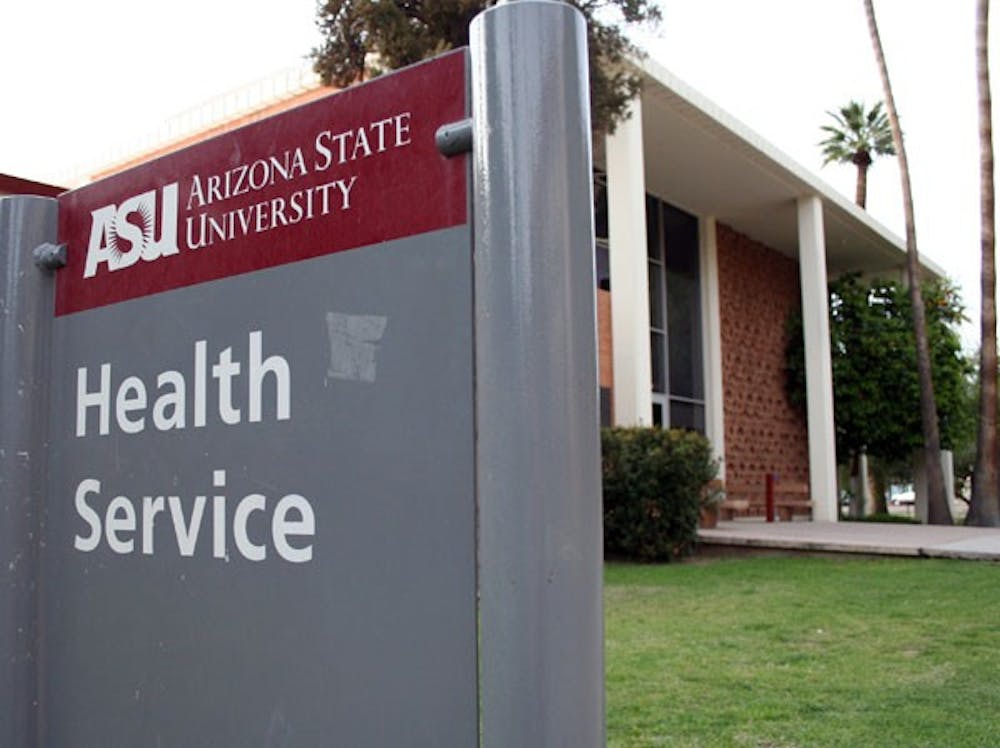Several ASU organizations are raising awareness about the sexual health of students to advocate for healthy relationships and reproductive health issues.
A new student organization, Campus Advocates for Respect and Equality, or CARE, focuses on training ASU students to become advocates on healthy relationships, relationship violence prevention and sexual health.
Bridget Kiley, president of CARE, said training so far has centered on sexual assault and domestic violence. The club works within ASU and the surrounding community to promote relationship equality.
The organization is planning a training schedule for the remaining semester and the fall that will include reproductive rights as a major student issue.
Student organization Voices for Planned Parenthood, or VOX, also advocates for promoting sexual education and health and reproductive rights for students.
VOX encourages students to promote sexual health on campus and works to increase reproductive rights through activism, according to the club’s Web site.
Students have many options at ASU to seek out information on sexual health and specifically women’s health issues, including student health services at all four campuses, which all have women’s health professionals.
Along with the health services center in the College of Nursing and Health Innovation on the Downtown campus, other female health centers are located in the nearby communities of ASU’s four campuses.
Denise Link, dean for Clinical Practice and Community Partnerships at ASU, said many students aren’t aware of women’s health sites that offer free services to eligible clients and consider other costs on based on of income.
“Normally if a student comes in only working part-time or making less than $10,000 a year, they will receive services for free,” Link said.
The MP Health Care-Grace center, located near Roosevelt and 3rd streets in Phoenix, is focused specifically on women’s health. The clinic was created in the 1970s to provide funding specifically for reproductive health and related services, mostly family planning, Link said.
Students can receive routine testing for HIV and other sexually transmitted diseases, along with immediate treatment if needed, Link said.
The recommendation that females must undergo a physical exam prior to obtaining birth control has also changed, she said, and students will no longer feel pressure coming in to receive care.
“We are highly invested in evidence-based practice,” Link said. “The idea that doing more is better has changed. Doing better is better.”
Sixty percent of patients seen at the Downtown ASU Health Center are students, but there are many more that could be taking advantage of MP Health Care-Grace, Link said.
“Grace is targeted for all students, especially low income, so they can really benefit now,” she said.
Efforts to spread awareness about reproductive health are also a part of organizations that target countries where sex is seen as a taboo subject and often not talked about.
In many countries, women do not receive education on how to keep themselves safe or prevent pregnancy, creating health problems from an early age, said Amina Temkin, a communications intern for Pathfinder International.
Pathfinder International is a nonprofit organization that works to provide women with access to quality reproductive health services and information around the world, Temkin said. Women who have been educated about these major issues have benefited greatly, she said.
“They stay in school longer and have fewer children, which enables them to get jobs, provide for their families and communities and stay healthy,” she said.
Pathfinder is based out of Watertown, Mass., and has several donors based out of the Arizona area, she said.
Pathfinder International works in more than 120 different countries, providing women access to contraceptives, training on how to become midwives and early prevention of HIV and other diseases, Temkin said.
Access for students on a college campus is very different compared to someone in a developing country who doesn’t have the option to stay in school, she said.
Women start having children at an early age and are not able to financially support themselves, she said.
“As a college student, many or most are sexually active, so in general knowing about STIs and sex is important for them, and also realizing not everyone has access to these types of things,” Temkin said.
Reach the reporter at amoswalt@asu.edu





